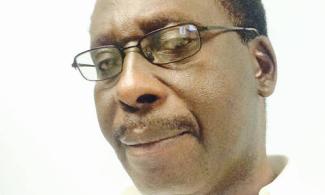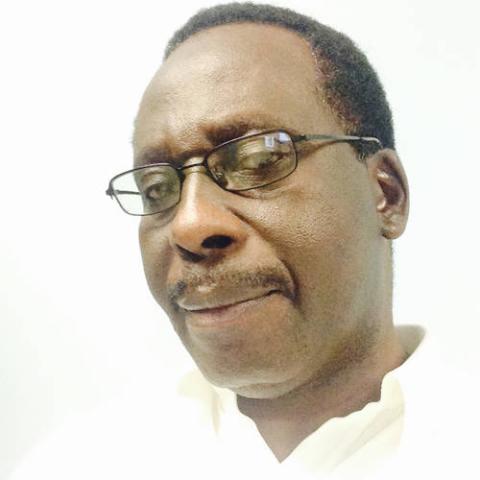

Here we go again!
Omoyele Sowore the symbol of our struggle against the tyranny of the
minority goes to court today to challenge his illegal, unjust, and
unconstitutional continued detention. Justice Taiwo Taiwo a few weeks
ago granted Sowore bail, but Emperor Buhari disobeyed the court and
refused to let Sowore regain his freedom.
Law is the fundamental base on which civilizations are based. Perhaps,
the most defining characteristic of democracy is the rule of law.
Through the allegedly rigged election, Muhammadu Buhari (now turned
emperor) became president. But the rule of law in a democracy defines
the rule of engagement and relationship between Buhari and Nigerians.
Buhari’s highest education level is elementary school certificate. It
is, therefore, understandable if he doesn’t know the meaning of the
rule of law. But it is tragically troubling when his army of highly
educated advisers have no clue what rule of law means.
So, what is the rule of law? Rule of law means that laws apply equally
to everyone in a democracy - the rich and the poor, the powerful and
the common citizens. The Constitution of the country sets out the rule
of law.
In 1215, the rule of law was first codified in the Western European
government in the Magna Carta. English nobles had demanded that King
John’s powers to arbitrarily arrest or imprison them be curtailed.
Thus, the charter states that even the king had to follow the law:
“No free man shall be taken,
imprisoned, disseized, outlawed,
or banished, or in any way destroyed,
nor will he proceed against him,
except by the lawful judgment of
his peers and the Law of the Land.”
The four core principles of the rule of law, as defined by the World
Justice Project, which measures respect for rule of law in countries
around the world are:
1. The government and its officials and agents, as well as individuals
and private entities, are accountable under the law.
2. The laws are clear, publicized, stable and just; are applied
evenly; and protect fundamental rights, including the security of
persons and property and certain core human rights.
3. The process by which the laws are enacted, administered, and
enforced is accessible, fair, and efficient.
4. Justice is delivered timely by competent, ethical, and independent
representatives and neutrals who are of sufficient number, have
adequate resources and reflect the make-up of the communities they
serve.
Buhari as a tyrant disobeys court decisions at will. It is necessary
to remind him that when he starts disobeying the court’s decisions, he
is challenging the legal system. I cannot emphasize it enough that he
may not like Sowore. He may hate his political philosophy. He may
dislike his advocacy for good governance. He may detest the
constituency of the poor majority Sowore represents. He may not like
his tribe. He can disagree with a court decision that granted Sowore
bail. He may openly criticize it. But, he must comply with a court
decision. It’s not about Sowore. It’s about the rule of law!
Buhari’s disrespecting the law means by complying with the order of
Justice Taiwo Taiwo Court, Buhari ought to know he is not obeying the
wishes of the judge, rather he is respecting the very office the judge
is holding which is an intricate part of the legal machinery. That
legal machinery is what the rule of law is all about. Without that,
the rule of law cannot subsist.
By disregarding the law, Buhari is directly inviting anarchy. Anyone
who can force others to his will gets his way. Without laws there is
nothing to protect us from tyrants like Buhari. A law is a rule that
is binding, enforceable, and one can be punished for not obeying.
Honorable Justice Ijeoma Lucia Ojukwu should summon courage in the
face of intimidation, coercion, threat, and interpret the Constitution
without fear or favor and free Sowore.
“And who knows but that you have come to your royal position for such
a time as this?”